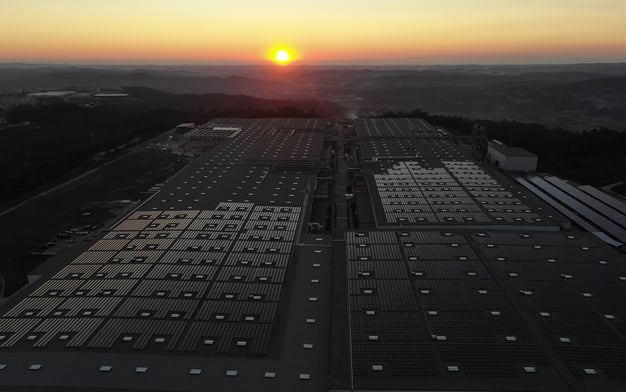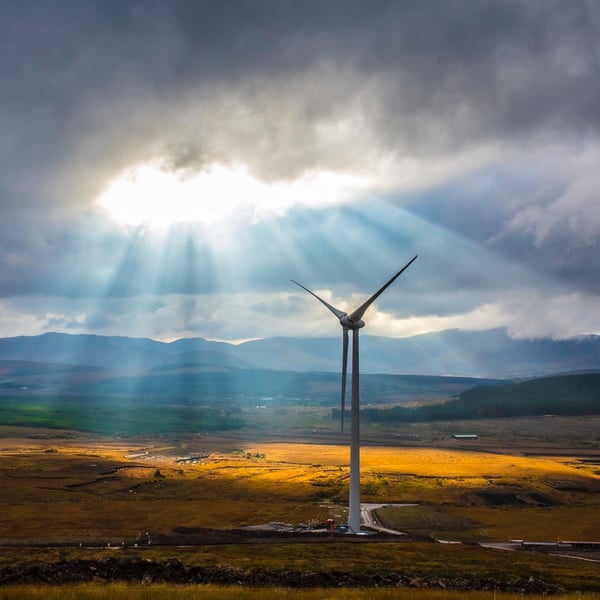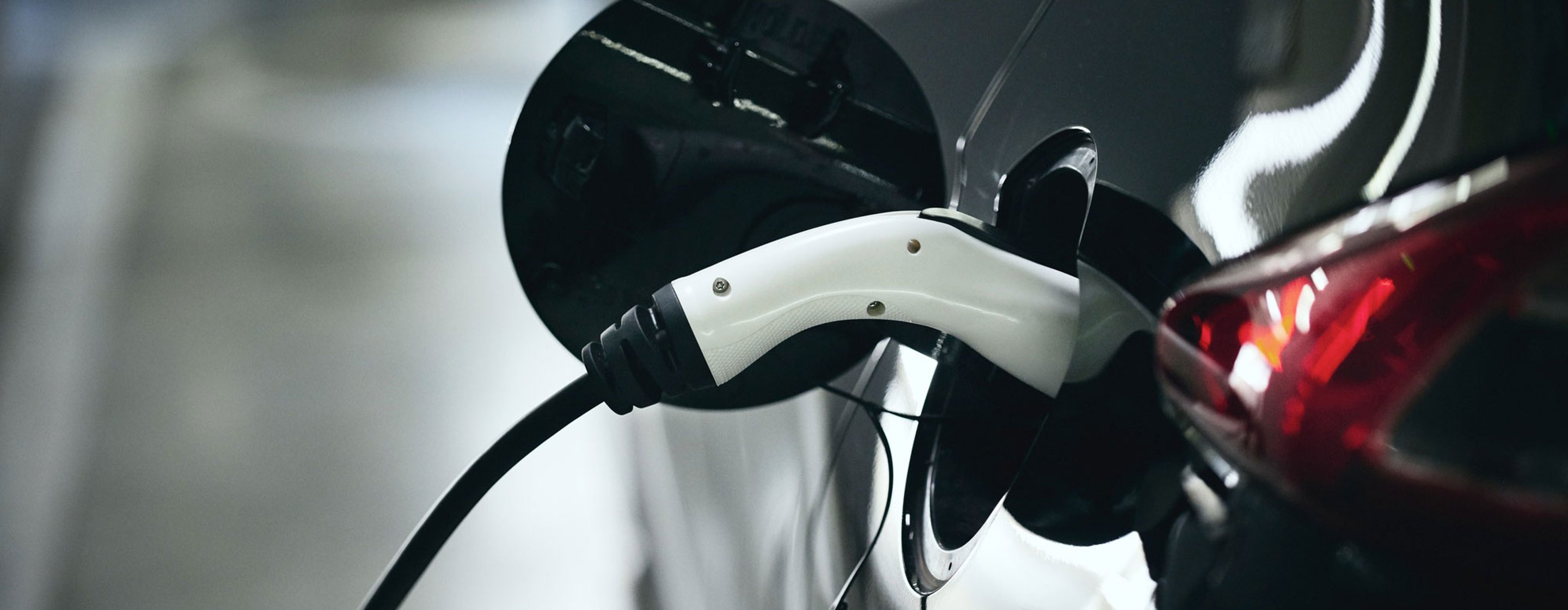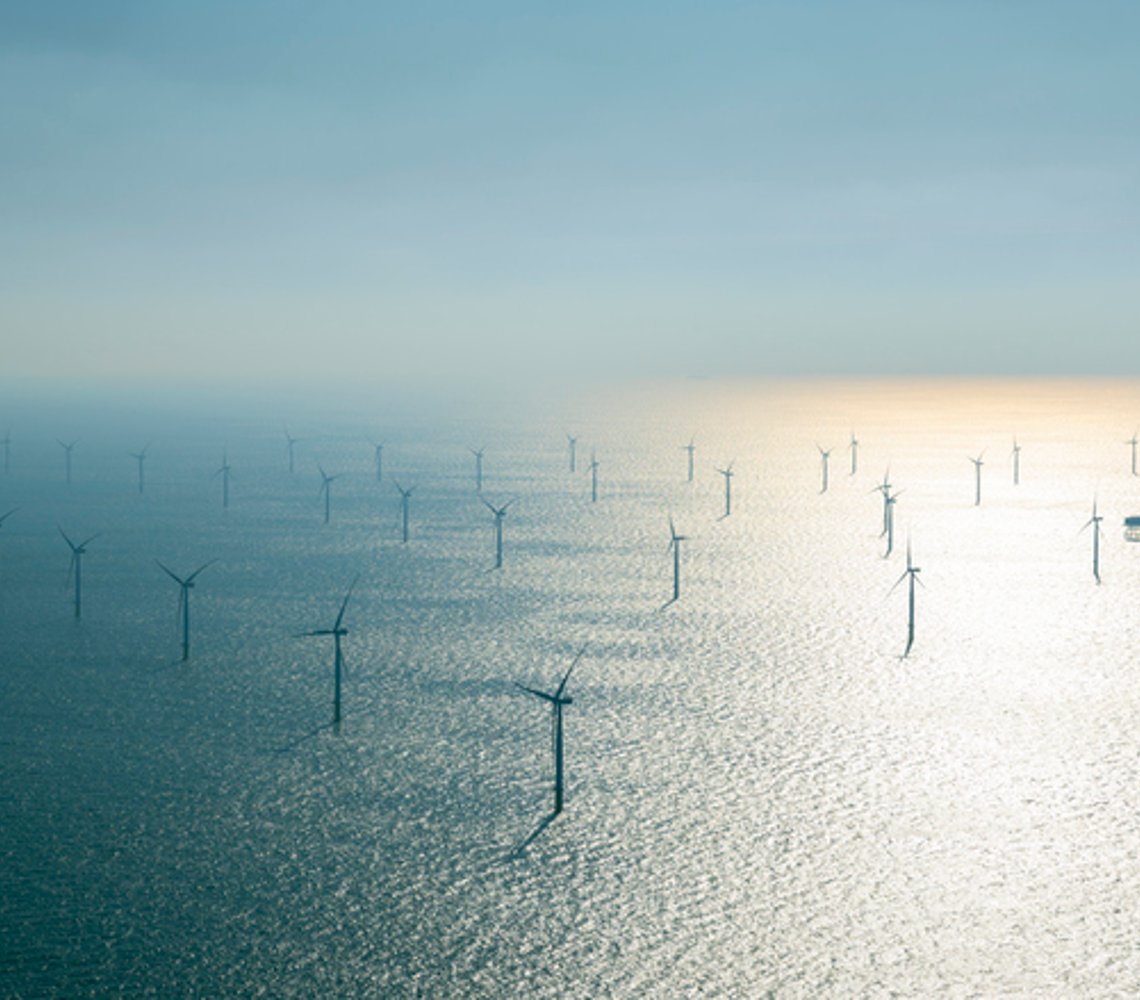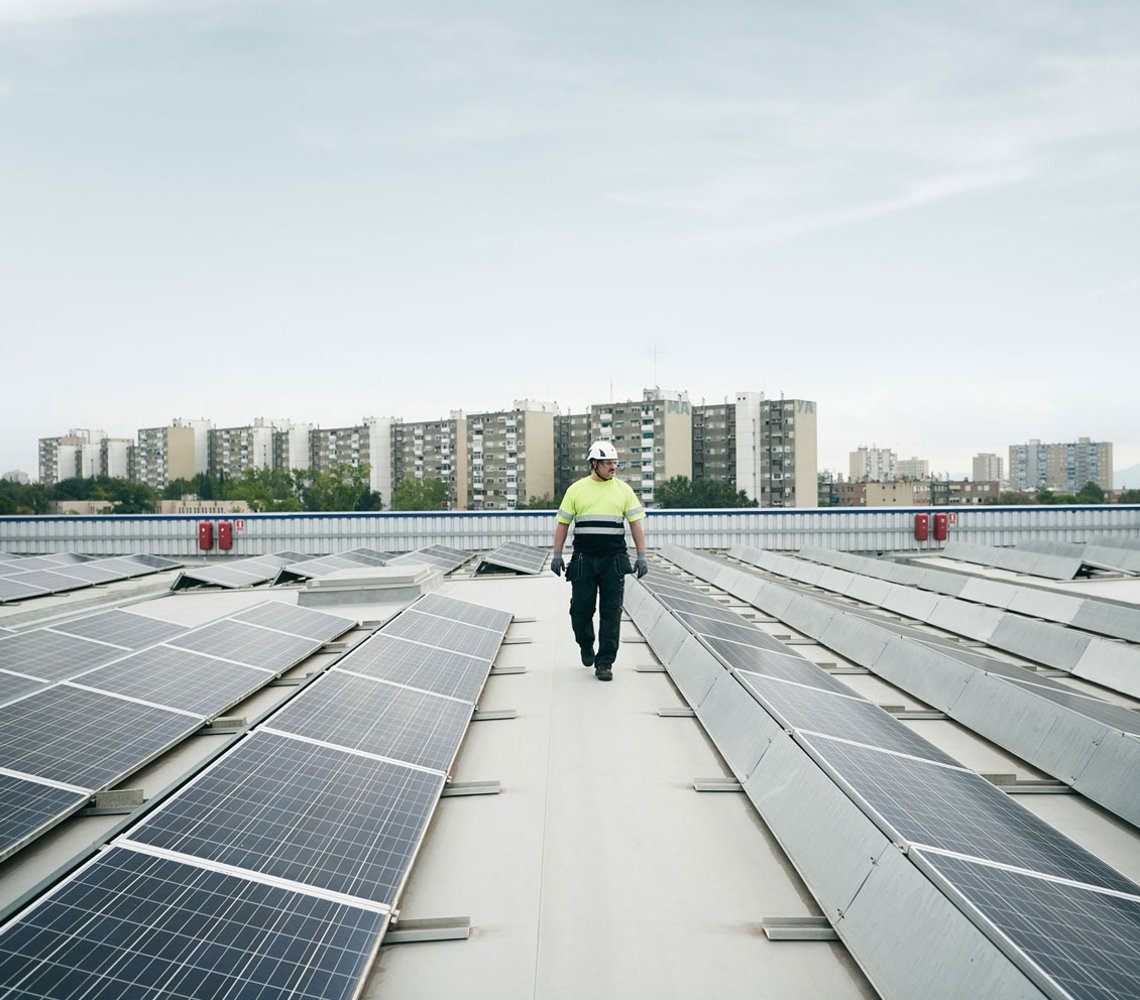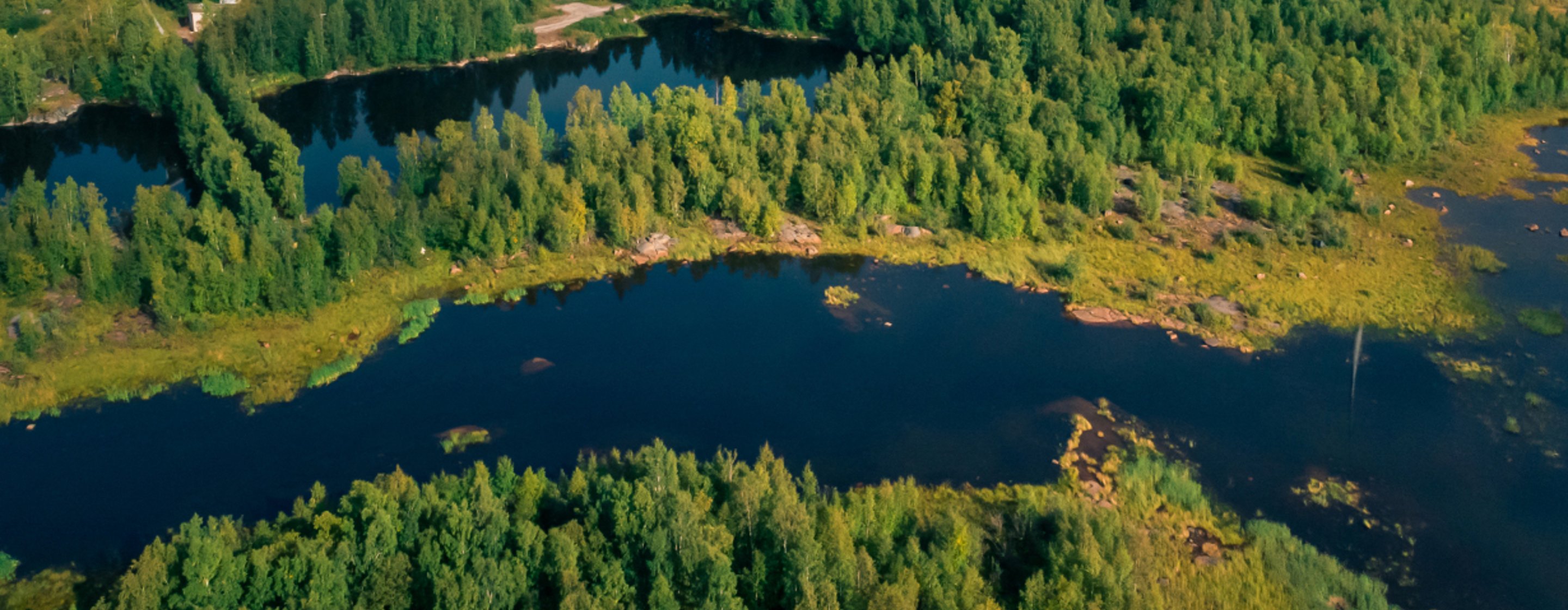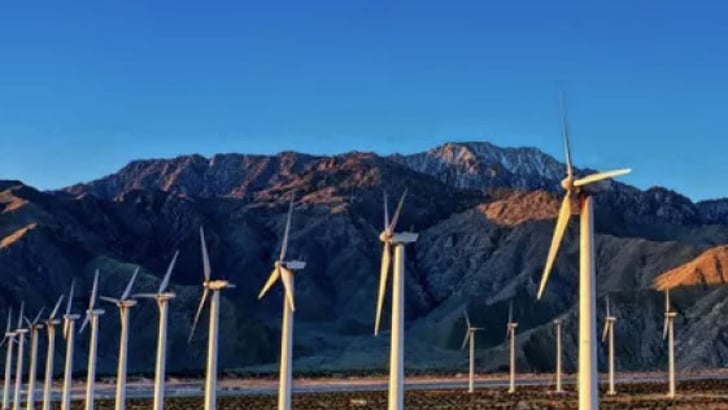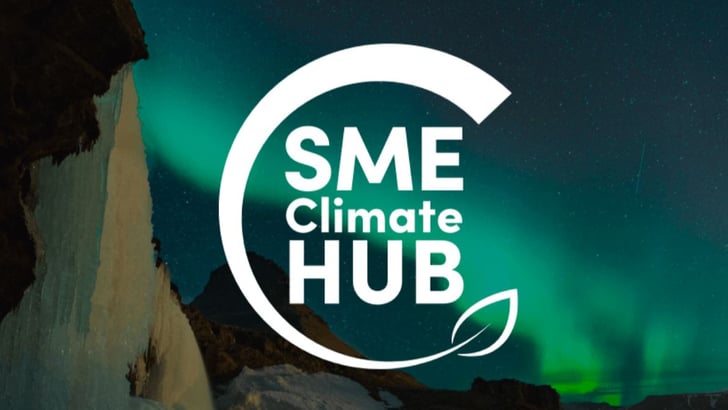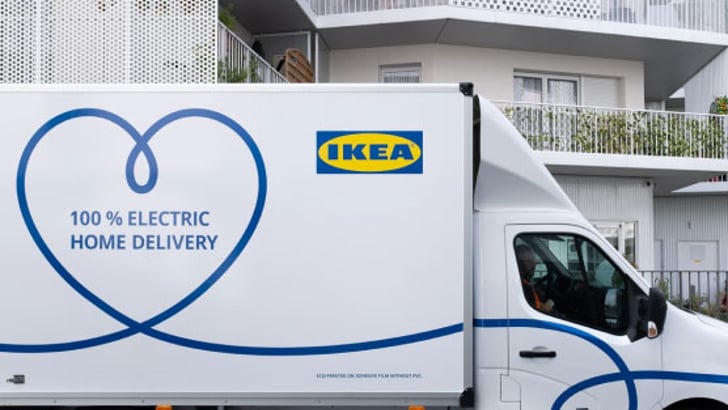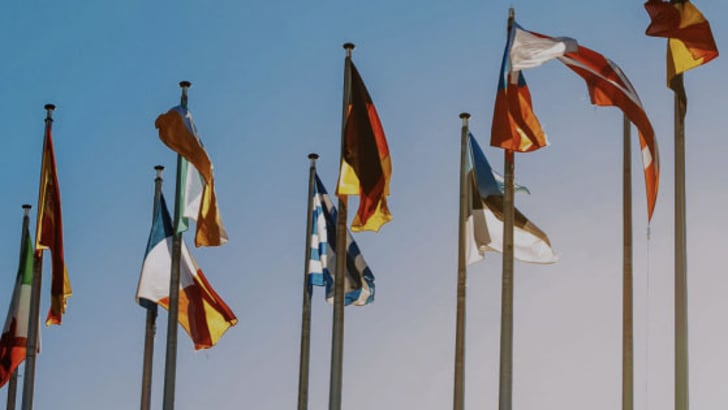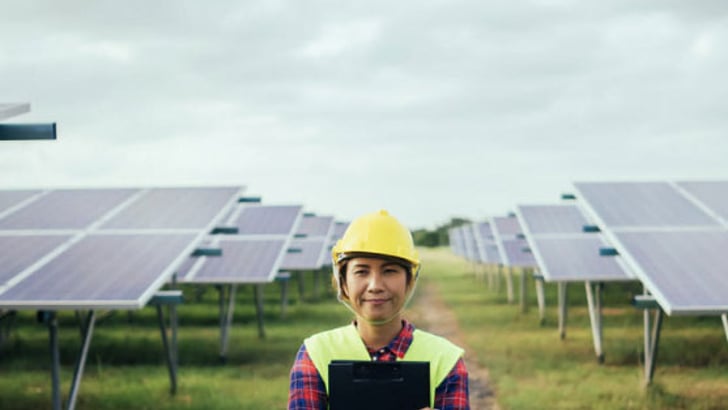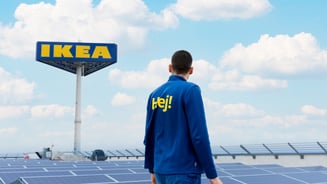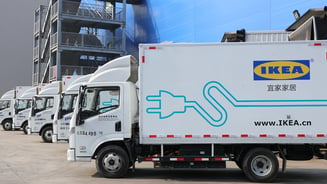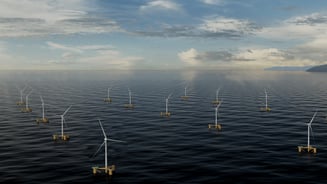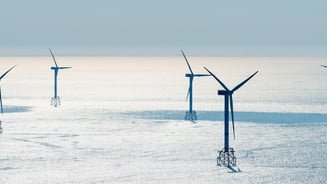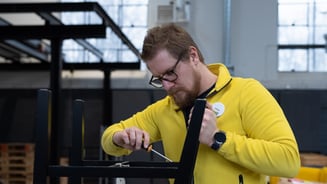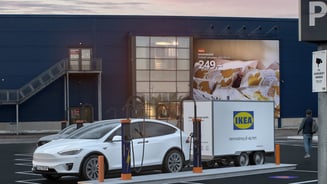Creating a better tomorrow – together
We believe that climate actions and investments from businesses in line with 1.5°C provide governments with the necessary backing to implement more ambitious climate targets, plans and actions. These government targets, policies and plans in turn provide the clarity, predictability and a level playing field that will encourage more businesses to take or increase climate action and make investments in line with 1.5°C . The result is a positive government policy-business action ambition– loop driving the necessary systemic change.
It is important, that the actions taken are based on (scientific) evidence showing the positive impact on climate, people, and the planet. Businesses are most efficient when operating in a global market with harmonized standards and legislation that reduce the administrative burden to what is necessary. Where possible, it is critical to ensure the consistency of policies to provide clarity and certainty for all.
Driving large-scale, systemic change, together
Together, we need to:
- Strive towards electrification, phase out fossil fuels and transition towards 100% renewable energy while improving energy efficiency.
- Use more materials and food ingredients with a low carbon footprint, promote sustainable choices and transform into circular businesses. This will reduce the need to extract and process new, raw materials. Together, we can assemble a net –zero world that is better for all.

